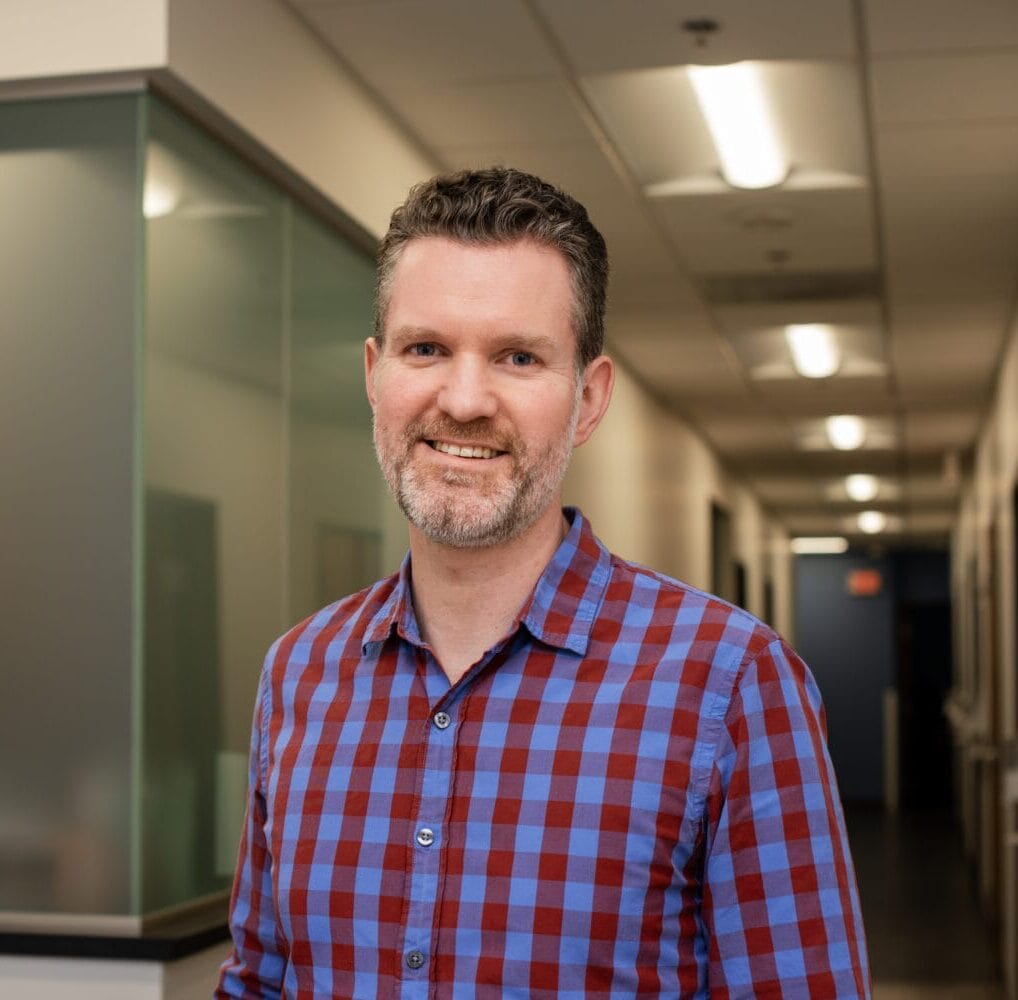WesternU hosts autism conference
More than 200 health professionals, educators, autism awareness advocates and parents turned out for the 11th annual Trends in Autism Conference on Saturday, April 6, 2013, at Western University of Health Sciences. The conference was sponsored and coordinated by Casa Colina Centers for Rehabilitation, with WesternU serving as a Community Partner.
Attendees heard from several speakers on a variety of topics, including medical issues in autistic children; promoting success for people with autism; autism insurance law; knowing when to ask for an autism assessment; and an interprofessional approach to autism. The daylong conference concluded with a panel of autism specialists fielding questions from parents, and others, about issues surrounding Autism Spectrum Disorder (ASD).
All of the day’s events were held in the Health Education Center on the WesternU campus in downtown Pomona, California.
Margaret Bauman, MD, who opened the conference speaking on the topic "Children with Autism Have Childhood Medical Issues, Too," said much of the battle involving treatment for autistic children is in teaching other health professionals more about autism itself, so that they will know the difference between behaviors and symptoms related to autism, and those related to something medically problematic.
"What might manifest as extreme behavior often has a physical cause, usually GI (gastrointestinal), acid reflux, or esophageal problems," Bauman said. Although autistic children often behave differently than typical youngsters, their behaviors have patterns and tendencies of their own, so "Any kind of behavior that looks unusual to you, and seems out of the blue, ask yourself if there’s something medical going on here," she said.
Bauman showed several videos of autistic children behaving more erratically and having sporadic physical outbursts outside the norms of their typical behavior. Further diagnosis revealed that many of them were having GI and acid reflux problems that were making them react somewhat violently – a manifestation of physical discomfort, not autistic behavior per se, Bauman said.
"ASD people have a hard time communicating what’s wrong with them," she said. "Abnormal behaviors are often considered ‘part of autism,’ which is wrong. It’s difficult for physicians to see beyond the cognitive or behavioral features of the disorder."
Like many of the day’s speakers, she also expressed concern about a recent revise of the Diagnostic and Statistical Manual of Mental Disorders, commonly referred to as the DSM, which replaces fairly specific definitions for ASD and related with conditions with relatively broad "mild, moderate, and severe" classifications. Bauman believes the revise might make it harder to determine where autistic people fall on the spectrum with regard to severity and specificity; for example, DSM-V has eliminated Asperger’s Syndrome as a separate entity.
Bauman also spoke about other common medical issues faced by autistic youngsters, including problems falling asleep and staying asleep ("Is it a GI disorder? Allergies?" she asked), and hormonal imbalances in pubescent ASD girls, which can result in exaggerated behaviors. Treatment for the chemical imbalances almost always curbs the behavior, she said.
Bauman also expressed hope about where autism research is headed, and how basic awareness and communication have improved the outlook for autistic patients. Early diagnosis and intervention, as well as medication for many medical disorders, is improving outcomes. There’s better identification of ASD subjects, and better availability of services for them. Many autistic symptoms improve with age, and some children lose the "autism" diagnosis altogether.
"Don’t underestimate these kids," Bauman concluded. "We have to assume competency unless proven otherwise."
Bauman was followed by Stephen Shore, EdD, the author of three autism books – including the critically acclaimed "Autism for Dummies" — and himself diagnosed with "atypical development and strong autistic tendencies" as a child, which he described as learning he had "the ‘autism bomb’." Shore’s topic was "Life In and Slightly to the Right of the Autism Spectrum: Observations on Promoting Success for People with Autism."
"One of the first things parents (of autistic children) hear is all the things their child can’t do. What about what the child CAN do?" Shore asked.
The very characteristics and behaviors manifested by autistic people are often the same things that can make them successful if they are put into the right situations, Shore continued. Those with autism often communicate in very detailed ways, are fact and data-driven, and are "repetitive, repetitive, repetitive," he said, so detail- and fact-oriented work is often a good fit for them.
Shore said a variety of factors come into play to help autistic people to success, including recognition of their limited social skills, their inability to provide context for data and facts, and their sensitivity to things like sharp smells, texture and pressure. These "sensory violations" can sometimes result in aggressive or non-social behavior, and are factors Shore said can be modulated in a given environment if everyone is aware of their effect.
"If we can provide the right resources to people with autism, if we can match that support to their needs, maybe autism doesn’t have to be a ‘bomb’ at all – maybe it can become DA bomb," he said.
After lunch, attendees had their choice of one of two discussions, "What to Ask for in an Assessment and Why?" and "An Interprofessional Approach to Autism: Oh the Possibilities." The latter was led by Dee Schilling, PT, PhD, Chair and Associate Professor of the Department of Physical Therapy Education in the College of Allied Health Professions, and by Kristy Remick-Waltman, OD, Assistant Professor and Director of Community Outreach for the College of Optometry.



